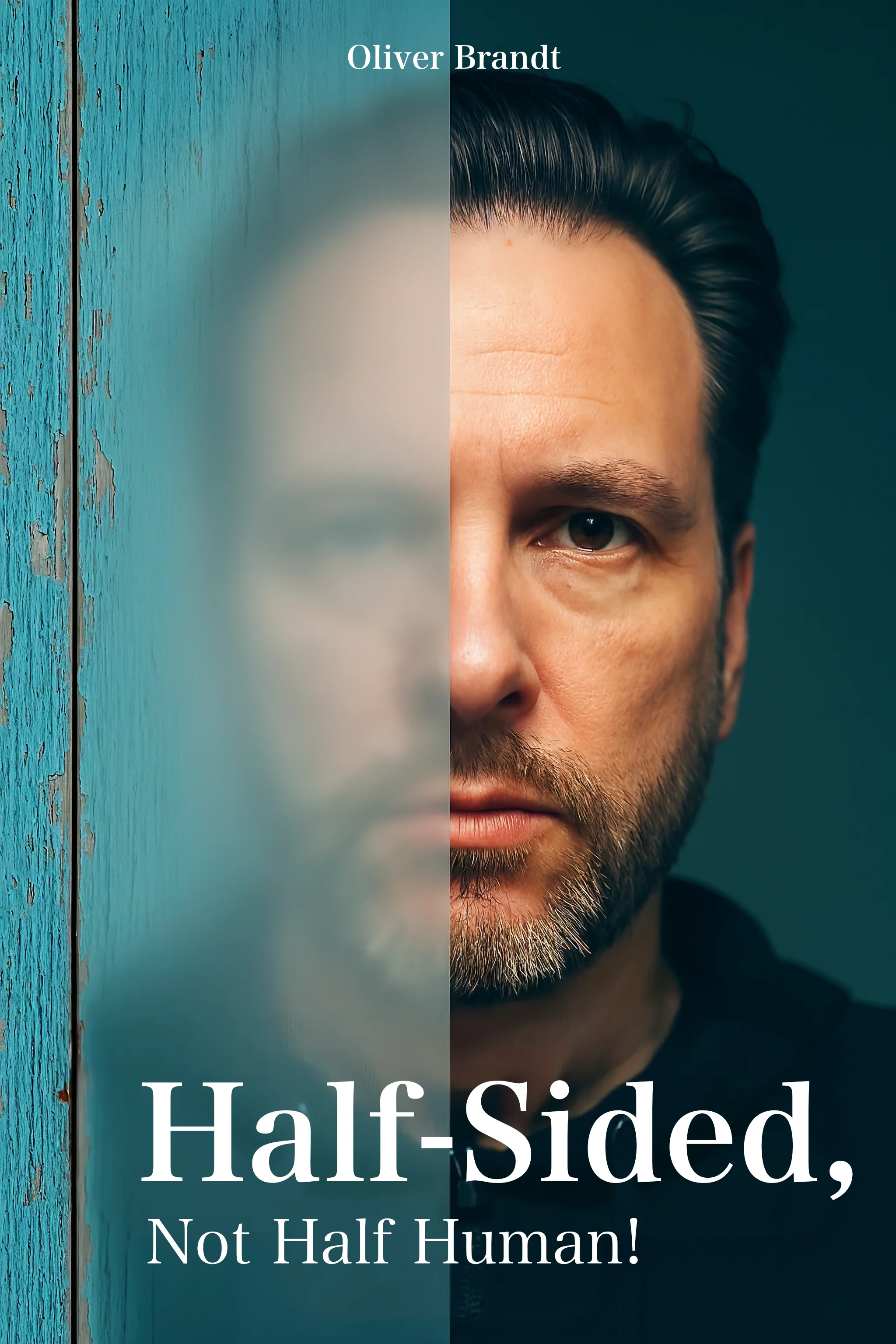Life after stroke never affects only the patient alone. It changes the life of the entire family.
My wife became the primary caregiver overnight, the spokesperson,
the translator between me and the world.
She sat for hours by my bed and observed every smallest change. She learned
to interpret my incomprehensible gestures, to decipher my illegible notes.
She became my eyes and ears in a world that was suddenly closed to me.
The Emotional Roller Coaster of Family Members
While I was trapped in my own world of survival and slow recovery,
my family went through their own phases of processing:
Shock and Denial
"This can't be true. He was healthy just yesterday." The first hours are marked
by disbelief and the hope that everything is just a bad dream.
Anger and Helplessness
"Why him? What could we have done differently?" The anger at fate,
at the doctors, sometimes even at the patient himself.
Bargaining and Hoping
"If he can just speak again, then everything else is unimportant."
The phase of compromises and desperate hoping for improvement.
Acceptance and New Normal
"He's not the same anymore, but he's still here." Arriving at a new reality
that nobody would have chosen.
"Family members of stroke patients experience their own form of paralysis –
emotional, social, and often financial as well."
Practical Challenges for Families
Life after stroke changes not only the relationship with the affected person, but the entire
family structure. Suddenly roles must be redistributed, responsibilities redefined, and
daily life completely reorganized.
My wife had to learn to make decisions for both of us. She became the manager of my appointments,
the coordinator between different therapists, and the interpreter for my needs,
which I often couldn't express myself.
Important Message for Family Members:
You are not alone. It's normal to be overwhelmed. It's okay to sometimes be angry or
sad. You need support just as much as the patient. Seek help.
Talk to other affected families. Don't neglect yourselves.
